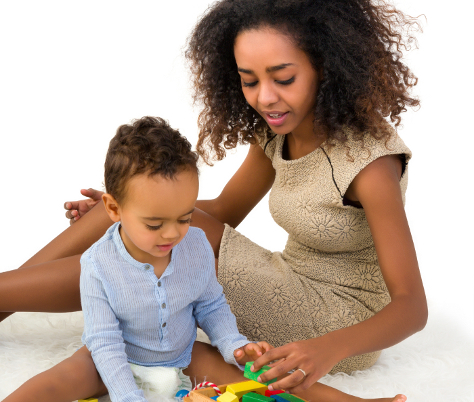Looking at family breakups from the child’s point of view
Way to make things feel more normal even if emotionally things are a bit up in the air

If you’re struggling with a family breakup, how do you keep your children in the loop? Looking at family breakups from the child’s point of view, find out what they need to know, what they don’t, and how you can still be a parent for them during this difficult time.
Being honest with your children
It’s really important to talk to your children about what is happening with your relationship and to be honest with them. They don’t necessarily need to know all the details about why your relationship has broken down but rather what is going to happen next. Younger children may be happy with fewer details, but you can give older children more information if you feel it helps.
Let your children know that they can talk to you about their feelings. They may feel angry or sad, but it’s important that they know it is okay and normal for them to feel that way. Children need to know that you will still both be their parents and that you will always put their needs first and love them.
Keep to your normal family routines
Stick to your normal schedules as much as possible, such as mealtimes, bedtimes, and things they do after school. This can really help to make things feel more normal even if emotionally things are a bit up in the air. It helps to make sure that things which are important to your children such as school and friends are still a priority. Children are always affected by divorce and separation but as long as you ensure they have regular contact with you and your ex-partner it doesn’t’ t have to be negative.
Effect on children
Research shows that one of the things which affects children most when parents are separating is when there is conflict between you and your partner and when there is difficulty with your child seeing one of the parents. So, it’s important to ensure both you and your ex-partner have regular contact with your children (unless there are issues around child protection). It’s also important that you don’t blame your partner for the breakup of your relationship or put them down in front of the children.
Talking to older children about divorce
Once your child turns 14, it is more likely that they will have more of an opinion about what went wrong in your relationship and are more likely to take sides. It is quite normal for your teen to go through mood swings and challenging behaviour, but this isn’t all down to your divorce or separation but it just normal for their age.
Your teen is likely to feel angry and unfortunately you may be on the receiving end of this. It’s important that they know that it is okay to be angry about this. Make sure that they understand that what has gone wrong in your relationship doesn’t have to happen in all relationships.
Was this information useful?
Bounty is proud to bring you this information in partnership with www.familylives.org.uk. Family Lives is a charity with over three decades’ experience helping parents to deal with the changes that are a constant part of family life.
Comments on this article are monitored but NOT answered. However, Family Lives has extensive advice on their website, live chat services, and information about befriending services and parenting/relationship support groups. There is also a helpline and an online community forum offering a safe space for families to share dilemmas, experiences and issues with others who understand the ups and downs of family life. https://www.familylives.org.uk/how-we-can-help/forum-community/